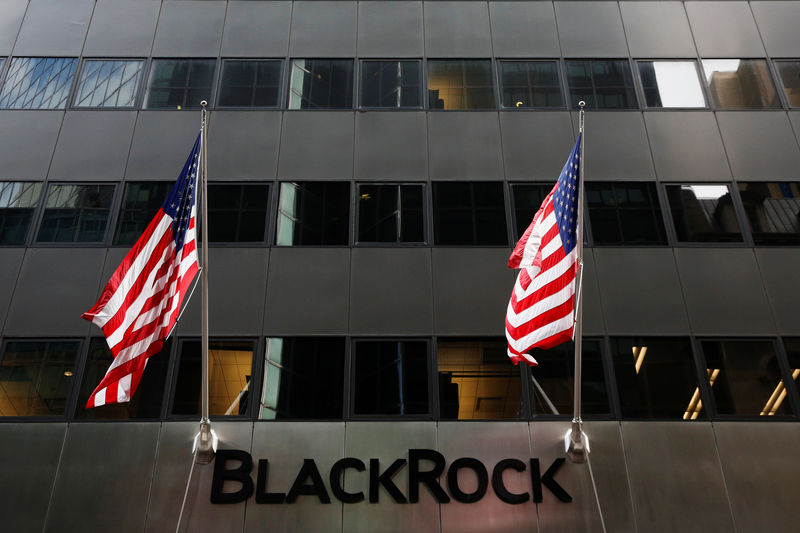This post was originally published on this site
https://i-invdn-com.investing.com/trkd-images/LYNXMPEJ7R0RA_L.jpg
(Reuters) – Vanguard supported just 2% of shareholder resolutions on environmental and social issues at U.S. companies this year, down from 12% last year, the top mutual fund manager said on Monday, fueling a drop in investor backing overall.
Vanguard said the declining support rate reflected a rising number of proposals – 359 this year, up from 290 a year ago, coupled with improvements in company disclosure that it said made many resolutions unnecessary.
With $8.2 trillion under management, Pennsylvania-based Vanguard has become a leader in deciding whether companies should take steps like curbing greenhouse gas emissions or reviewing their workforce diversity.
Support for shareholder resolutions calling for such steps has declined at U.S. companies this year, with top asset manager BlackRock (NYSE:BLK) saying it backed the mostly-advisory measures just 7% of the time, down from 22% last year.
Vanguard’s drop in support was even steeper. Like BlackRock, Vanguard noted new securities regulations that make it harder for companies to leave questions off their ballots. In a note on its website, Vanguard also said many resolutions sought changes that might not be needed.
“In some cases, we identified that although a proposal raised a material risk at the company in question, the board had already demonstrated appropriate oversight of the risk and evidenced its oversight through robust disclosure or had practices in place that substantially fulfilled the proposal’s request,” Vanguard said.
Vanguard and BlackRock have been under fire from conservative U.S. politicians who say they have over-emphasized sustainability issues, and from liberal activists who say the firms do too little to address global problems.
Like BlackRock, Vanguard did not address how the criticism may have shaped votes this year but said its approach to evaluating shareholder proposals “has been consistent over time.”

